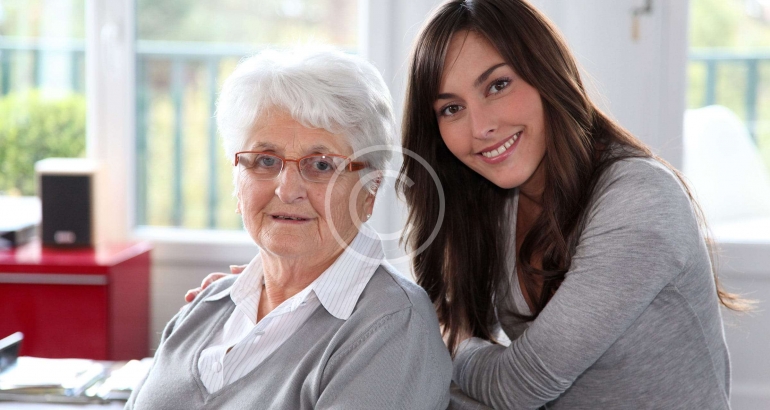
Considerate, private, respectful personal aged
care and assistance.
Personal care and assistance in home care involve providing support with activities of daily living (ADLs) and instrumental activities of daily living (IADLs) to individuals who need assistance due to aging, illness, disability, or injury. These services are designed to help individuals maintain their independence, dignity, and quality of life while receiving assistance with essential tasks. Here are common aspects of personal care and assistance in home care:
1. Activities of Daily Living (ADLs):
-
-
- Bathing: Assisting with bathing or showering, including getting in and out of the tub or shower safely.
- Dressing: Helping with selecting appropriate clothing, putting on and taking off clothes, and fastening buttons or zippers.
- Toileting: Assisting with using the toilet, maintaining hygiene, and incontinence care if necessary.
- Grooming: Helping with oral hygiene, brushing hair, shaving, and nail care.
- Transferring: Assisting with moving from one position to another, such as from bed to a wheelchair.
-
2. Instrumental Activities of Daily Living (IADLs):
-
-
- Meal Preparation: Planning, preparing, and serving balanced meals according to dietary needs and preferences.
- Medication Management: Assisting with medication reminders, ensuring medications are taken as prescribed.
- Housekeeping: Light housekeeping tasks such as cleaning, laundry, and maintaining a safe living environment.
- Grocery Shopping: Assisting with or performing grocery shopping for necessary items.
- Transportation: Providing transportation for medical appointments, grocery shopping, or social outings.
- Managing Finances: Assisting with budgeting, bill payment, and financial management tasks.
-
3. Mobility Assistance:
-
-
- Assisting with Walking: Providing support during walking, using mobility aids if necessary.
- Fall Prevention: Identifying and minimizing fall hazards at home, assisting with fall prevention exercises.
- Transfer Assistance: Helping the individual move from one location to another, such as from bed to a chair.
-
4. Emotional and Social Support:
-
-
- Companionship: Providing companionship, engaging in conversations, and offering emotional support.
- Social Activities:Planning and engaging in social activities to prevent isolation and promote mental well-being.
- Monitoring: Regularly checking on the individual’s well-being, observing for any changes in health or behavior.
-
5. Hygiene and Health Maintenance:
-
-
- Oral Care Assisting with oral hygiene tasks such as brushing teeth and denture care.
- Skin Care: Assisting with skincare, applying lotions or ointments if needed.
- Monitoring Vital Signs: Monitoring and recording vital signs like blood pressure, pulse, and temperature if required.
-
6. Personal Safety and Emergency Preparedness:
-
-
- Emergency Response: Ensuring the individual knows what to do in emergencies and has access to emergency contact numbers.
- Home Safety: Identifying and addressing safety hazards at home, such as installing grab bars or non-slip mats.
-
7. Cognitive Support (For Individuals with Dementia or Cognitive Impairment):
-
-
- Memory Care: Implementing memory-enhancing activities, maintaining a consistent routine, and providing reassurance.
- Supervision: Offering supervision to prevent wandering or accidents for individuals with cognitive impairments.
-
8. Respite Care:
-
-
- Temporary Relief: Providing temporary relief for family caregivers, allowing them to rest and attend to their own needs.
-
Personal care and assistance in home care are typically provided by trained caregivers, home health aides, or certified nursing assistants. These services can be tailored to meet the specific needs and preferences of the individual, ensuring they receive the necessary support to live comfortably and safely in their own home. Regular assessments and communication between caregivers, healthcare providers, and family members are essential to providing high-quality personalized care.
What types of services are available?
Our Qualified Caregivers have the experience and compassion to provide assistance with everyday personal care tasks, such as:
- Assisting with morning and evening routines
- Bathing (showers, baths, sponge baths, bed baths)
- Restroom activities (toilet assistance, incontinence, accident monitoring)
- Personal hygiene/grooming (hair care, skin care, oral care, nail care)
- Dressing (clothing selection and assistance)
- Mobility (transfers, walking, range of motion exercises, light exercise)
Where do I receive personal care services?
In most cases, you will receive these services in your own home.
Caregivers

Shawna Grant

Gary Newman

